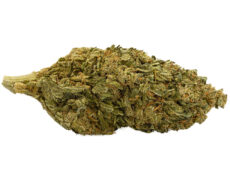Modified on: 17/09/2024
WHEN THIS VARIANT OF MARIJUANA WAS CREATED AND HOW IT DIFFERS FROM OTHERS
Among CBD enthusiasts, the debate about which is the most iconic variety of CBD weed is always open. However, there is no doubt about one thing: Super Skunk regularly ends up in the middle of this debate. As the preferences of customers who buy their weed on JustBob show, this type of weed always has a large fan base.
In the next lines you will discover it.
-
 SMALL & BIG
SMALL & BIGBUBBLEGUM
Starting from: 1,25CHF/gIndoor | CBD – CBDA <22%
Grams3 5 10 20 50 100 -


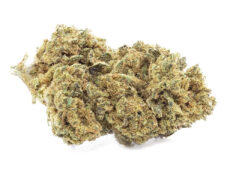
DO SI DOS
Starting from: 2,00CHF/gIndoor | CBD – CBDA < 19%
Grams3 5 10 20 50 100 -


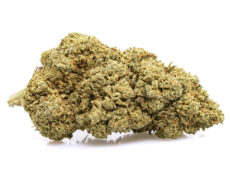
ROYAL GG#4
Starting from: 2,30CHF/gIndoor | CBD – CBDA < 40%
Grams3 5 10 20 50 100 -


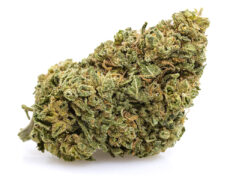
GORILLA GLUE
Starting from: 2,90CHF/gIndoor | CBD – CBDA < 20%
Grams3 5 10 20 50 100
History of Super Skunk Weed
The process that gave rise to the quality marijuana known around the world by the name ‘Skunk’ (the original version is often confused with the term ‘Super Skunk’) began in the late 1970s and early 1980s. During this period, in the United States, several weed consumers began to grow hemp plants indoors and the trend spread to prefer feminized ones, to obtain more generous and qualitatively superior inflorescences. Thus, in the United States, experiments began with the cultivation of female plants that did not produce seeds and hybrid plants.
Because the weed that arrived in the United States came mainly from Mexico and Colombia, the two most popular varieties (Acapulco Gold and Colombian Gold) were the protagonists of an early version of what would later become Skunk. In 1983, one of the greatest pioneering American growers of the time moved to Amsterdam, bringing with him an enormous amount of seeds, including hybrids obtained from the union of the two varieties already mentioned and an Afghan strain.
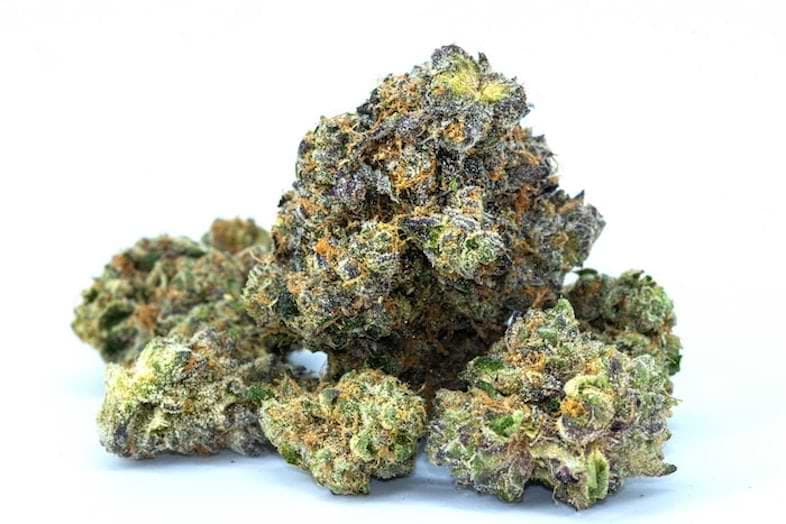

In the land of windmills, experimentation with hybrids was already a reality, but, unlike in the United States (where one was dedicated to sativa hemp), growers experimented mainly with indica hemp. The union of the two schools has led to the creation of extremely flexible plants in terms of adaptability to different environments.
The new quality, called Skunk, enjoyed worldwide success in the late 1980s, when indoor cultivation (favored by the launch of HID lamps on the market) became an increasingly common practice. The definitive consecration of this variety, which in the coming years has continued to be the center of experimentation, came with the conquest of first prize at the 1988 Cannabis Cup.
The rest, as they say, is history.
Read also: Hemp liqueur: How it is made and what effects it has
Super Skunk: how it is made and what effects it gives
Now that you know how one of the best and most famous varieties of marijuana in the world was created, it is easy to imagine that you want to know what its characteristics and effects are. Well, from the point of view of appearance and properties, the crossing between different genetics and qualities of cannabis has allowed the creation of very resistant and robust plants, capable of adapting to various climatic conditions.
Furthermore, the stem of Skunk plants is very tall, dense and rich in inflorescences. This characteristic, the result of Colombian genetics, is combined with the ability to reduce flowering times typical of Mexican genetics. The Afghan component, on the other hand, plays a fundamental role in terms of stability and compactness.
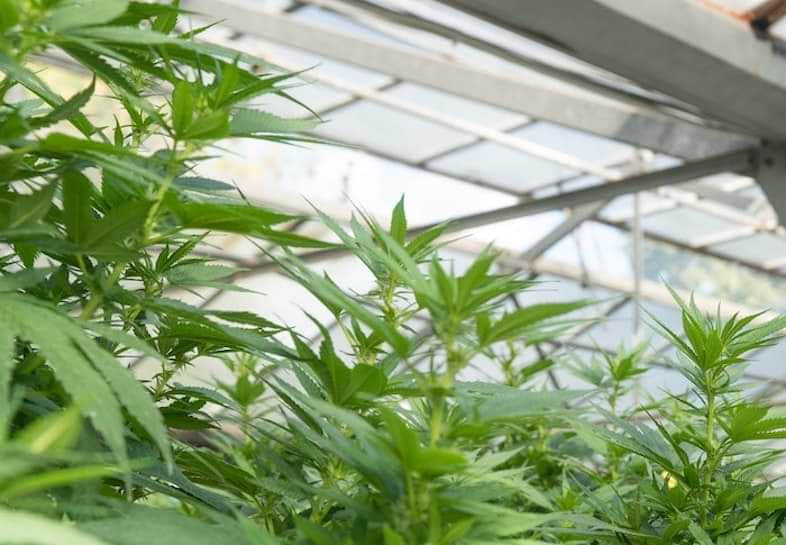

But what makes Skunk unmistakable and unique is its spicy flavor and smell, rich in floral and fruity notes (mainly orange). From a visual point of view, its leaves can have a green/golden yellow color, while its flowers are noted for being dense, compact and extremely resinous.
The mix of genetics has made this variety have one of the highest percentages of THC (psychotropic active ingredient), with values ranging from 15% to 25%. In light of this, its ingestion can cause very strong effects that not only amplify sensations and moods, but also include hallucinations.
Read also: Hemp flour bread: how it is prepared and what are its effects
The most famous Super Skunk varieties
In addition to the original variety, called Skunk #1, several variants have emerged over the years. The best known is undoubtedly Super Skunk, which originated from a cross between the first version of Skunk and a variety of Afghan hemp. This first evolution of Skunk, from which it is differentiated by the predominance of indica cannabis, dates back to the early 90s. Due to the high percentage of THC, this herb gives mainly physical effects, such as heavy weight and pain relief. pain.
Then we have the OG Skunk, which is also characterized by a high concentration of tetrahydrocannabinol (values greater than 20%), but, unlike the Super Skunk, it affects mainly the brain, stimulating productivity and optimism. Of course, these effects are also added to the physical ones, especially in case of excessive consumption.
Among the most appreciated versions of Skunk is Orange Bud, named for its marked citrus and fresh notes that make it pleasant to the palate. Also in this variant, THC is present in consistent percentages, both to give physical and cerebral effects.
And let’s not forget the famous Lemon Skunk, another very popular variety among cannabis lovers. Among the praised effects of this version of Skunk are the stimulation of creativity and a feeling of energy and good mood (this same effect also does CBD marijuana), although if taken in excess it can cause side effects such as anxiety, dryness (both in the mouth as well as in the eyes) and dizziness.
In conclusion
Our brief journey to discover the history and characteristics of the Skunk strain ends here. Of course, we remind you that in Spain the cultivation of hemp and the consumption of its derivatives are illegal.
However, on Justbob you can find several collectible CBD cannabis varieties and many other certified products, such as CBD oil, CBD hashish…
Come visit our online CBD store!


